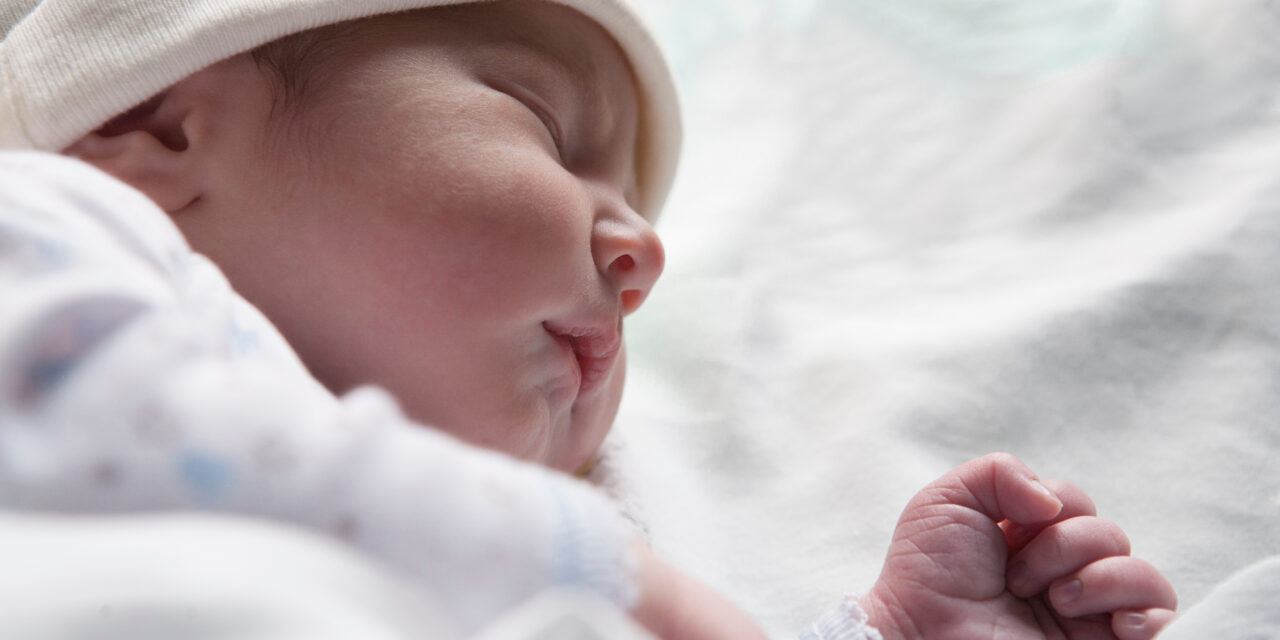This article includes affiliate links, meaning we may earn a small commission if you purchase third party products or services through these links. The commission is paid to us by the third party with no additional charge to you.
Parents often contact me when their babies are around 10 weeks old, which usually coincides with the time moms will soon be returning to work. They want to know when they can begin working on routines for their baby. Some want to know when they can start sleep training. But did you know, parents can begin taking small steps right from the start that can lead to excellent sleepers who may never need sleep training?
Here’s how.
Start with you and your baby.
First, plan to keep visitors to a minimum in the early weeks of your baby’s life.
Those first few weeks will ideally be spent bonding with parents and becoming familiar with new surroundings.
Establish the feeding schedule
Secondly, establish a good feeding pattern as soon as your baby is born. Feed your newborn every two to three hours by day and around three to four hours at night. (After your baby surpasses birth weight, your pediatrician may say to let baby wake you to feed.) Learn to recognize the difference between a true wake-up call for food versus when a baby needs help resettling. Practice paced feeding if using a bottle. The goal is not for baby to finish a bottle in 5 minutes but to take more like 15 or 20 minutes. If you’re not familiar with paced bottle feeding, you can find videos that demonstrate the process. Allow baby to cluster feed in the early evening to prepare for the first sleep that consolidates into a long stretch – usually about 4 or 5 hours at the beginning of the night. Between 4 and 7 p.m. or so, baby may eat 2 or 3 smaller meals in a shorter amount of time preparing for that longer stretch.
Create a good sleep space
Next, create a sleep space that is conducive to restful sleep such as a dark, quiet space with droning white noise. Be mindful of your baby’s new, sensitive nervous system. The lights and sounds of everyday life may be overstimulating so having a calm, dark environment is important. As enticing as it can be in the evening to let baby stay with you while settling down for the evening, practice not keeping baby sleeping in front of the television.
Routine. Routine. Routine
Establish a consistent bedtime and nap routine (swaddle, white noise, dark room). Calm things down in the early evening, dim lights, bring down the energy. Begin giving your baby the opportunity at least once a day to fall asleep on their own by putting them down drowsy in a conducive sleep space and allowing them to settle into sleep.
Practice feeding upon waking sometimes instead of always feeding to sleep. Also, soothe your baby in other ways besides feeding. Sometimes babies need comfort in parent’s arms, an extra burp or some gentle motion.
Get outside.
Get fresh air, exercise, and some sunshine every day, which is both good for you and for your baby. Sunshine helps regulate melatonin production, which a baby gets through breastmilk before they start making it themselves at around 3 months of age. And besides the hit of Vitamin D, fresh air and exercise is good for your mental health!

















